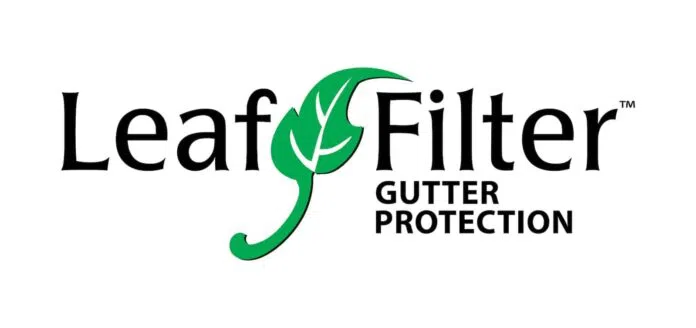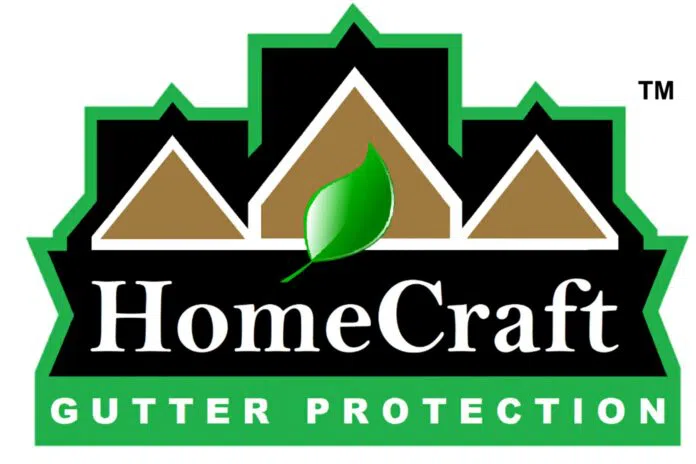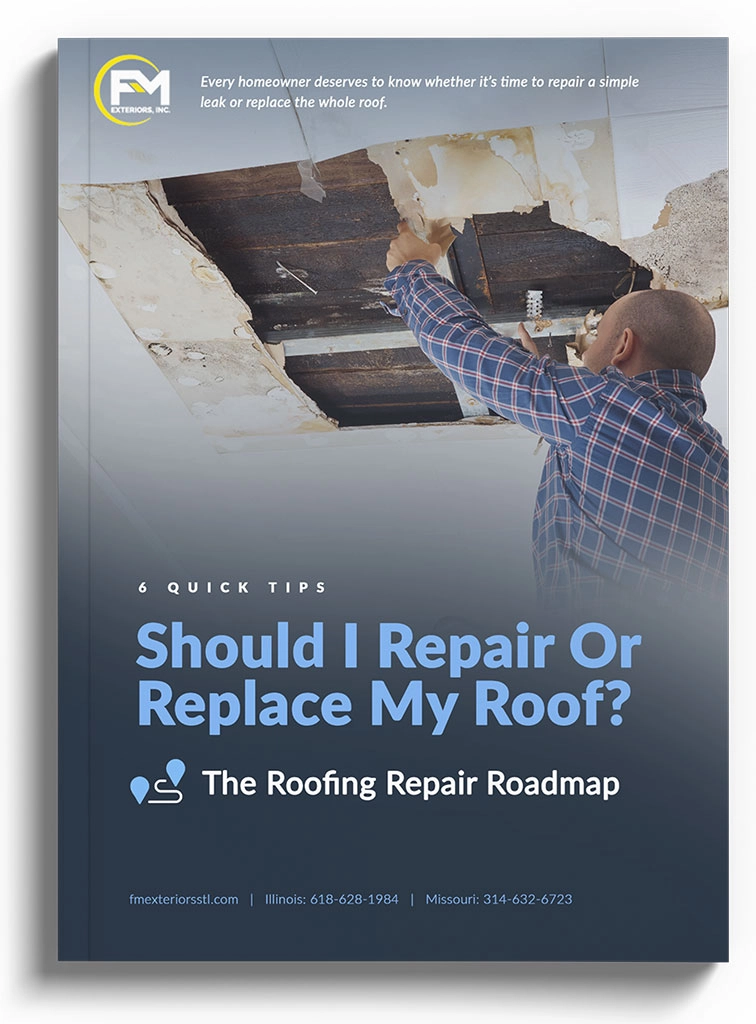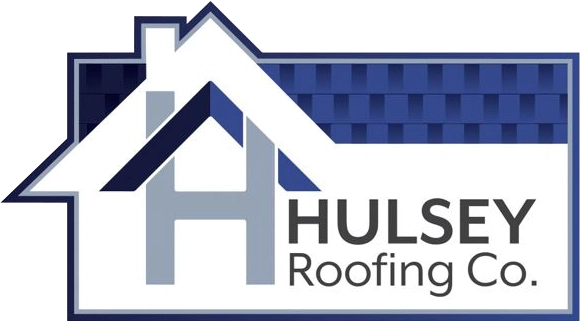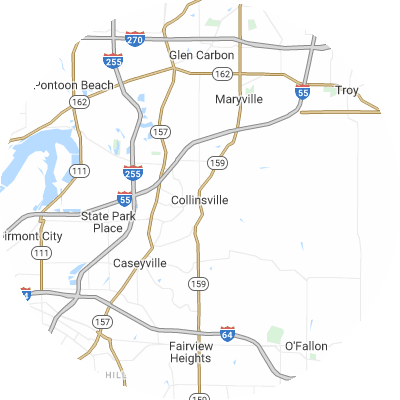Signs You May Need Gutter Guards
While gutter guards aren't always necessary, the signs of backed up gutters are clear. Issues stemming from persistent gutter problems include:
- Leaky seams or joints where water leaks from the gutters
- Frequent clogs that cause overflow and water to spill over gutters
- Soggy ground or visible erosion patterns around your house's foundation
- Visibly saggy, damaged, or misaligned gutters that no longer correctly direct rainwater
- Mold growth, peeling exterior paint, or interior water stains on walls near gutters.
How To Choose a Gutter Guard Installer
Assess Their Experience
When picking an installation company, look for one with years of experience and knowledge about numerous brands and guard types. A company with experience will understand how to take measurements and install gutter guards for your specific needs. Check a provider's years of experience and request referrals from local customers.
Verify Proper Licensing and Insurance
Verify that any providers you're considering are properly certified, bonded, and insured, with both general liability and workers compensation policies. This protects you from liability for possible injuries and accidents. Ask potential providers for current licensing and insurance papers.
Choose Reputable Brands
Look for installers that carry tenured trusted gutter guard brands such as Gutter Helmet and LeafFilter. Steer clear of companies that only install generic no-name guards or their own off-brand products. These lesser-known products may lack rigorous testing.
Seek Custom Fit Services
For ideal performance, gutter guards need to be custom-fitted to match your unique gutter setup. Choose a company that custom measures and trims guards specifically for your home, rather than using generic guards. Accurately fitted guards will leave no gaps for debris to get stuck.
Examine Warranties
Top gutter guard companies often offer 20-year or lifetime warranties covering clogs, rust, leaks, and other defects. Before picking a provider, look into its warranty terms on materials and workmanship guarantees. Warranties are the most effective way to protect your gutter investment.
Check Reviews and Referrals
Be sure to check online reviews on Yelp, the Better Business Bureau (BBB), Google Reviews, and other review sites to find customer feedback. Ask neighbors which companies they recommend for quality local gutter guard installation. When researching, look for providers with consistently good feedback rather than just a single recommendation.
Types of Gutter Guards
There are six typical gutter guard types. These include the following:
- Foam guards are light and easy to install. The foam collects debris and keeps it out of your gutter. Foam guards cost roughly $2.46 per linear foot.
- Brush guards are exactly what they sound like: large brush bristles that sit in your gutters to let water through while blocking debris. On average, you can expect to spend $4.04 per linear foot for brush guards.
- Screen guards have large holes that let water through while stopping debris. Screen guards cost roughly $4.27 per linear foot.
- Mesh guards stop debris but allow water to flow through. Mesh guards have even smaller holes than screen guards. They're durable and let debris slide off as opposed to sitting on top of your gutters. Mesh guards cost roughly $4.04 per linear foot.
- Micro-mesh guards are normally the most effective. They have smaller holes than standard mesh guards, which allows even less debris through. Micro-mesh guards cost roughly $5.13 per linear foot.
- Surface tension guards, also called reverse curve guards, use surface tension to let water flow into your gutter system while debris slides off. Normally, they can be seen from the ground. On average, you can expect to spend $3.15 per linear foot for surface tension guards.

